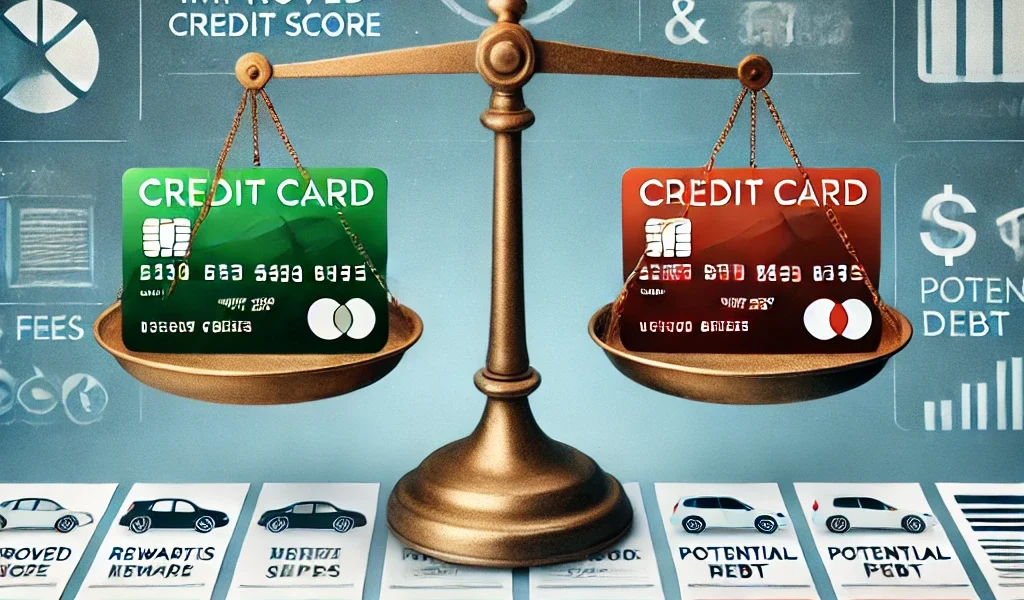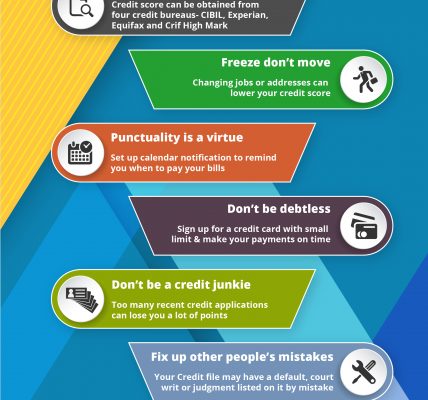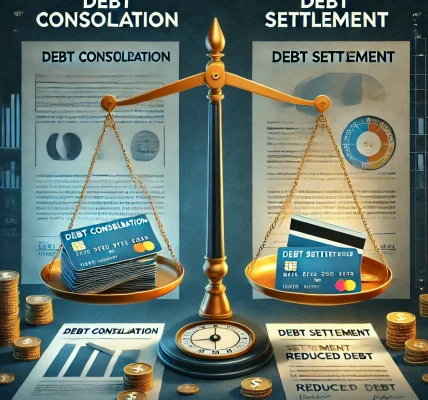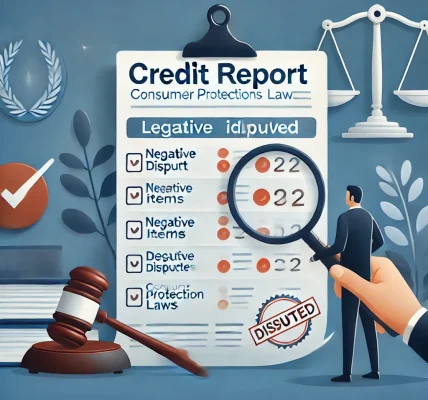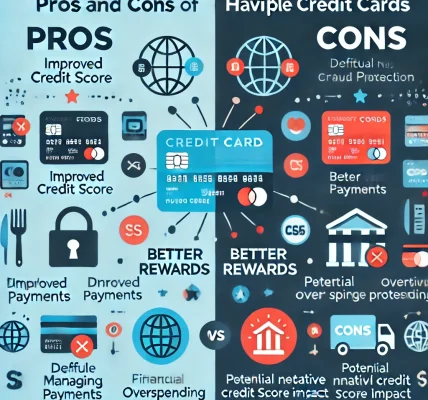Credit cards offer financial flexibility and various rewards, but is having multiple credit cards a smart financial move? While some people benefit from multiple cards, others may struggle with debt management. In this blog, we’ll explore the pros and cons of having multiple credit cards to help you decide if it’s the right choice for you.
Pros of Having Multiple Credit Cards
1. Increases Credit Limit & Improves Credit Utilization
✅ Having multiple cards increases your overall credit limit, which can help keep your credit utilization ratio low. A low utilization ratio (below 30%) is beneficial for your credit score.
2. Better Rewards & Cashback Offers
✅ Different cards offer various benefits such as cashback, travel miles, shopping discounts, and fuel rewards. Using multiple cards strategically allows you to maximize rewards based on your spending habits.
3. Helps in Emergency Situations
✅ Having multiple credit cards ensures you always have a backup in case of an emergency expense or if one card gets declined due to a technical issue.
4. Builds a Strong Credit History
✅ Responsible use of multiple credit cards helps you build a longer and more diverse credit history, which can positively impact your credit score over time.
5. More Interest-Free Credit
✅ Each credit card offers an interest-free period (usually 45-50 days). By strategically using different cards, you can extend your interest-free spending cycle.
Cons of Having Multiple Credit Cards
1. Risk of Overspending & Debt Accumulation
❌ More credit cards can lead to impulsive spending and difficulty in tracking expenses, increasing the risk of falling into debt.
2. Higher Chances of Missed Payments
❌ Managing multiple due dates can be challenging, and missing payments may result in late fees, penalties, and a negative impact on your credit score.
3. Annual Fees & Hidden Charges
❌ Some credit cards come with annual fees, joining fees, and hidden charges. If the benefits don’t outweigh the costs, maintaining multiple cards may not be financially beneficial.
4. Impact on Credit Score
❌ Applying for multiple cards within a short period can result in hard inquiries, temporarily lowering your credit score. Moreover, closing old cards can reduce your credit age, negatively affecting your score.
5. Difficulties in Managing Payments
❌ Handling multiple credit card payments can be overwhelming. Missing even one payment can lead to high-interest charges and a drop in your credit score.
When Should You Have Multiple Credit Cards?
You should consider multiple credit cards if: ✔ You have strong financial discipline and can manage payments efficiently. ✔ You want to maximize rewards and cashback based on different spending categories. ✔ You have a stable income to cover any outstanding balances on time. ✔ You want to improve your credit score by maintaining a low credit utilization ratio.
When Should You Stick to One Credit Card?
You should avoid multiple credit cards if: ❌ You struggle with debt management or frequently miss payment deadlines. ❌ You find it hard to track expenses across multiple accounts. ❌ You don’t need extra credit and are satisfied with your current card’s benefits. ❌ You want to avoid unnecessary annual fees or charges.
Final Verdict: Is It a Good Idea?
Having multiple credit cards can be beneficial if managed responsibly. However, it’s important to use them wisely, make timely payments, and avoid overspending. If you can handle multiple cards efficiently, you can enjoy better rewards and improved financial flexibility. Otherwise, it’s best to stick to one or two well-suited credit cards.
💡 How many credit cards do you use? Share your experience in the comments below!
